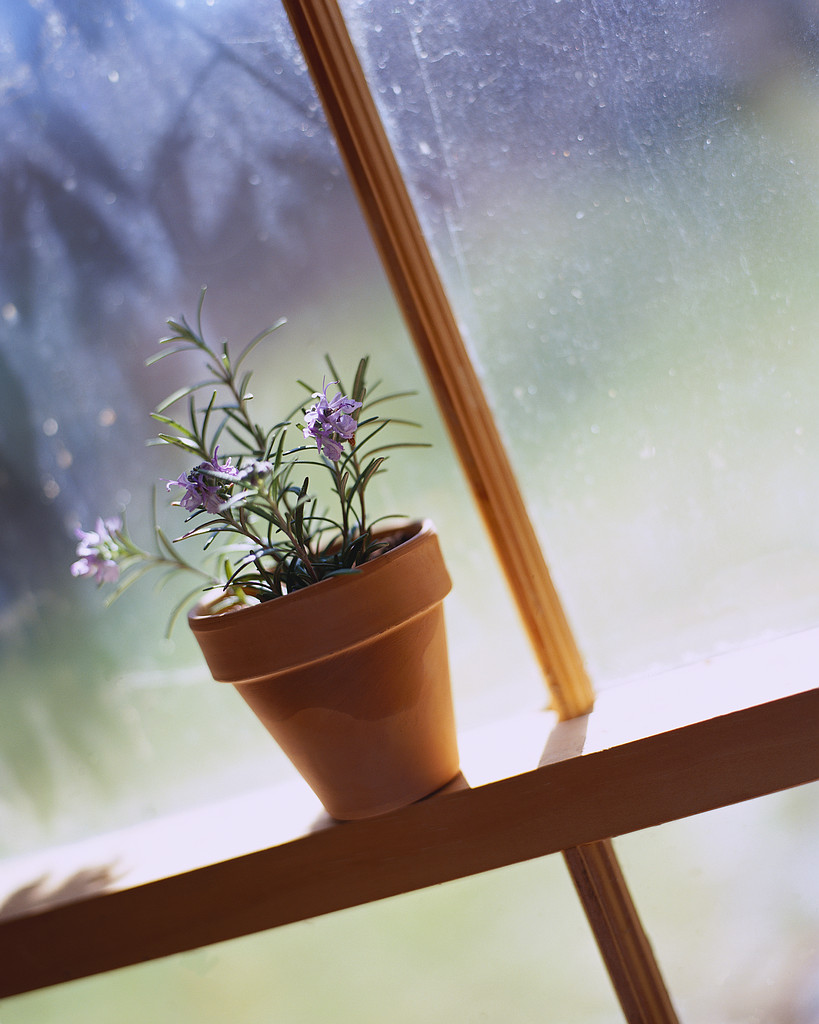I hope you have all enjoyed your February resolution by a practicing a relaxation exercise at least once a day. For March, we build on the calm and confidence boosting effects of relaxation by adding a practice of gratitude.
At least once a day, preferably early in the morning, take three deep relaxing breaths and express your gratitude for some of the good things in your life. I like to look out the window when I do this, giving thanks for such things as the good neighbors whose houses I can see or the abundance of trees in my neighborhood. Sometimes I feel a welling of gratitude for my dear family, or for friends who help me laugh at myself. The smallest thing can inspire gratitude—the song of a bird or a really good cup of coffee.
Even at the worst of times, you can always find something to give thanks for. If it’s raining, be grateful that our trees and plants are being nurtured. If you’re stuck in traffic, be grateful for a guilt-free chance to slow down and veg out a bit. If you are going through a particularly tough time, try to feel grateful for every individual who supports you or helps you in some way.
You can express gratitude aloud or simply in your head. Some people give thanks to God, but you don’t necessarily have to express the gratitude to anyone or anything in particular. For example, you can think or say, “I feel so grateful for a good hair day,” or “Thank you for the butter on my toast.” Sometimes I simply feel the gratitude without words.
Feeling grateful for one thing puts us in a frame of mind to notice other good things in our lives as we go through our daily routines. As you begin to notice these things, you’ll find yourself taking a second to feel and/or express your gratitude for them as they occur.
Even a little exposure to news programming can drag us down. At work, many of us spend a good part of our time solving problems. Solving problems is valuable work, and we all want to know what’s going on in the world and in our communities. However, these things can create a skewed impression of life. Gratitude, therefore, does not turn you into an unrealistic Pollyanna, but rather returns you to a more balanced view.
The gratitude practice that inspires us to notice how many good things surround us bolsters our relaxation practice and adds an extra dose of calm and confidence. And as you’ve learned, calm and confidence enhance our success at communication and consensus building.


The practice of daily gratitudes is one I have incorporated into my life over the last month. I write them in the evening and read them aloud as the last thing I do before sleep. I’ve found I rest better and rarely awake “on the wrong side of the bed.” My gratitude this evening starts with thanking Kathleen Barnes for suggesting I implement this daily practice into my spiritual life.
That’s a great idea, Edie. When you use more senses and parts of your brain, as by actively writing down the things you’re grateful for and reading them, the practice “takes” even better. Today I printed out a collage of photos of my nephews, for whom I’m very grateful, and plan to add another sense by looking at the pictures whenever something gets me down, or even for no reason at all.